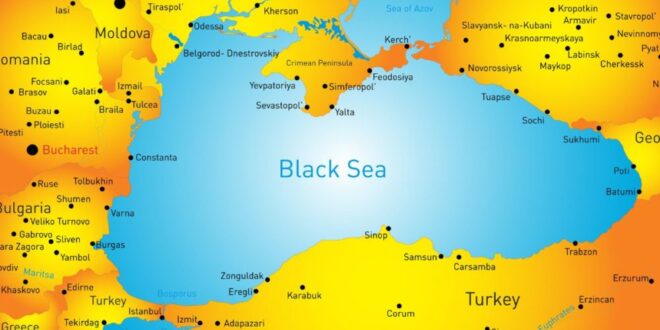Russia’s exit from a breakthrough deal that allowed Ukraine to export grain safely from its seaports via the Black Sea could drive global grain prices up by 10%-15%, the International Monetary Fund (IMF) warned Tuesday but said it was continuing to assess the situation.

The Black Sea grain deal had been “very instrumental” in ensuring ample supplies of grains could be shipped from Ukraine, easing price pressures on food, IMF chief economist Pierre-Olivier Gourinchas told reporters.
Its suspension would likely put upward pressure on prices, he said.
“We’re still assessing where we’re going to land, but you would be thinking that somewhere in the range of 10% to 15% increase in prices of grains is a reasonable estimate,” Gourinchas noted.
The IMF on Tuesday forecast that global headline inflation would fall to 6.8% in 2023 from 8.7% in 2022, dropping to 5.2% in 2024, with core inflation declining more gradually to 6% in 2023 and then 4.7% in 2024.
Gourinchas told Reuters it could take until the end of 2024 or early 2025 until inflation came down to central bankers’ targets and the current cycle of monetary tightening would end.

The IMF last week said Russia’s withdrawal from the initiative, which was brokered by Türkiye and the United Nations last July, would hit regions that rely heavily on shipments from Ukraine, including North Africa, the Middle East and South Asia.
Russia said demands to improve its own food and fertilizer exports had not been met, and that not enough Ukraine grain had reached the poorest countries.
The Kremlin on Tuesday reiterated it was impossible for Moscow to return to the deal until an agreement related to Russian interests was honored.
After quitting the deal, Moscow said it would consider cargo ships traveling to Ukraine through the Black Sea as potential military targets. Since then, it has been pounding Ukrainian food-exporting ports nearly on a daily basis.

The deal had allowed Ukraine to export around 33 million metric tonnes of grain by sea and turned out to be an important factor for global food security.
The European Union on Tuesday said it was ready to export almost all of Ukraine’s farm produce via “solidarity lanes” – rail and road transport connections through EU member states that border Ukraine.
About 60% of Ukraine’s exports were shipped via solidarity lanes and 40% went via the Black Sea while the U.N.-backed grain deal was in operation.
 THE GLOBAL WINDOW OF TURKISH FOOD AND AGRICULTURE The Global Window of Turkish Food and Agriculture Sector
THE GLOBAL WINDOW OF TURKISH FOOD AND AGRICULTURE The Global Window of Turkish Food and Agriculture Sector









